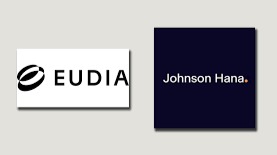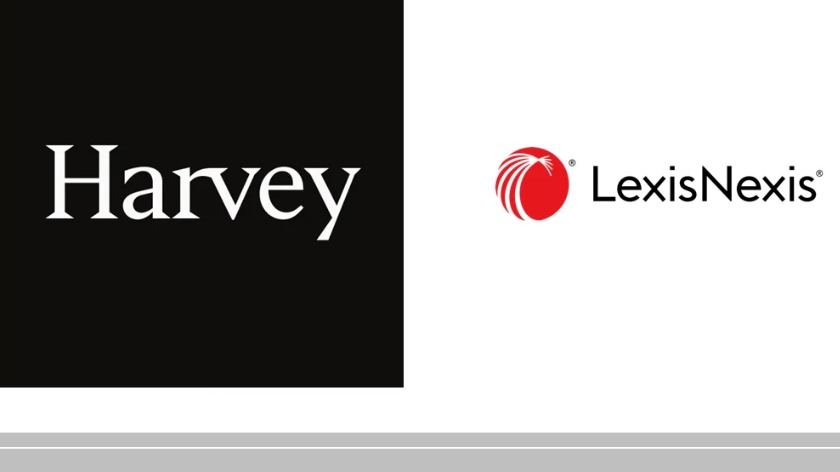Overview
Pramata has unveiled the Tariff Risk Analyzer, an AI-powered tool designed to help companies assess and manage supply chain risks arising from fluctuating tariff policies. Centered on a contract-focused AI agent, this solution analyzes an organization’s contracts to evaluate how new tariff regimes might impact vendor relationships, pricing, and compliance obligations.
Key Advantages
Contractual Enforcement: The Tariff Risk Analyzer enables procurement teams to hold vendors accountable by ensuring compliance with tariff-related contractual obligations. By surfacing relevant terms and enforcement opportunities, it strengthens an organization’s ability to manage supplier behavior amid changing trade conditions.
Real-Time Risk Assessment: Given the ongoing shifts in tariff policies, businesses require timely visibility into emerging risks. The Analyzer flags non-standard tariff clauses, identifies missing protections, and provides a real-time overview of risk exposure across the contract portfolio, enabling proactive risk mitigation before issues escalate.
Clause Intelligence: Unlike traditional keyword searches, the Analyzer uses AI to interpret the legal and commercial intent behind contract language. This clause-level understanding allows automatic identification of tariff-related provisions that might otherwise be overlooked.
Strategic Insights: The tool offers comprehensive visibility for smarter business planning by identifying high-risk vendors, tracking contract renewal timelines, and highlighting areas where negotiation leverage may be limited due to tariff-driven price adjustments. Risk distribution across the vendor ecosystem can be visualized to support informed decision-making.
Why It Matters
In today’s volatile global supply chains, the Tariff Risk Analyzer addresses an immediate need for effective tariff risk management. It helps prevent costly issues such as compliance failures, litigation, and revenue leakage by enhancing contract oversight. Moreover, its rapid development exemplifies how generative AI and legal language models accelerate the creation of specialized, high-value tools—something far more challenging and time-consuming with traditional approaches.
Industry Context
This launch reflects a broader trend in legal technology and risk management toward proactive regulatory monitoring and AI-driven compliance solutions, similar to initiatives like Herbert Smith Freehills’ AI policy tracker. As regulatory environments remain in flux globally, businesses increasingly require adaptive systems that can continuously analyze and respond to evolving external legal and trade conditions.



